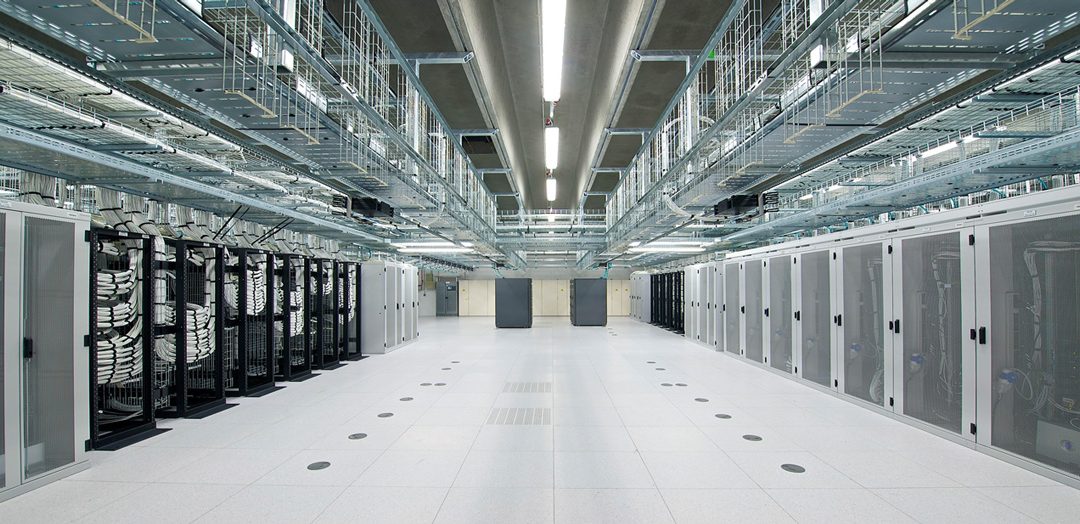In today’s digital-first world, every app you open, email you send, and website you visit relies on one powerful, invisible force: data centers. But what is a data center, and why is it crucial for everything from social media to cloud computing?
This comprehensive guide explains what a data center is, how it works, and why it’s a cornerstone of the global digital economy.
What Is a Data Center?
A data center is a physical facility that organizations use to house their critical applications, systems, and data. It consists of networked computers, storage systems, servers, and supporting infrastructure like power and cooling equipment.
In simple terms:A data center is the engine room of the internet—processing, storing, and managing digital information for businesses, governments, and cloud providers.
Key Components of a Data Center
Modern data centers consist of multiple core elements:
Servers
- The physical computers that process and store data.
- Run software and applications that users access remotely.
Networking Equipment
- Routers, switches, and firewalls manage traffic and secure data flows.
Storage Systems
- Devices like SSDs or NAS (Network Attached Storage) that house massive amounts of data.
Power Supply
- Uninterruptible Power Supplies (UPS) and backup generators ensure 24/7 uptime.
Cooling Infrastructure
- Data centers generate heat. HVAC and liquid cooling systems maintain optimal operating temperatures.
Security Systems
- Includes physical access control (biometric locks, surveillance) and cybersecurity protocols.
Types of Data Centers
Data centers vary based on size, ownership, and usage:
Enterprise Data Centers
- Owned and operated by a single organization.
- Used for internal business operations.
Colocation (Colo) Centers
- Businesses rent space and equipment from a third-party provider.
Cloud Data Centers
- Operated by cloud service providers like AWS, Microsoft Azure, or Google Cloud.
- Used to deliver scalable computing power via the internet.
Edge Data Centers
- Smaller facilities located closer to users to reduce latency.
- Ideal for real-time apps like gaming, streaming, and IoT.
Why Are Data Centers Important?
Data centers power everything from:
- Cloud services (like Dropbox or Google Drive)
- Streaming platforms (like Netflix or Spotify)
- E-commerce sites (like Amazon)
- Banking systems
- Government databases
Without data centers, the digital services we rely on every day wouldn’t exist.
The Growth of Data Centers
In 2025, the demand for data centers continues to rise due to:
- Explosive growth in AI and machine learning
- Massive adoption of remote work and digital collaboration
- Expansion of 5G, IoT devices, and smart cities
- Increasing focus on data privacy and sovereignty
Are Data Centers Environmentally Friendly?
Sustainability is a major concern. Traditional data centers consume large amounts of energy and water. However, the industry is shifting toward:
- Green data centers powered by renewable energy
- Liquid cooling systems to reduce electricity usage
- Energy-efficient architecture and AI-driven energy management
Companies like Google and Microsoft are leading efforts to build carbon-neutral data centers.
Data Center Security
Data centers implement multi-layered security to protect sensitive data:
- Physical security: biometric access, 24/7 surveillance
- Cybersecurity: firewalls, intrusion detection systems, encryption
- Disaster recovery: redundant systems and off-site backups
What Industries Use Data Centers?
Almost every industry relies on data centers:
- Healthcare: patient records, telemedicine
- Finance: transaction processing, fraud detection
- Retail: inventory tracking, e-commerce systems
- Education: online learning platforms, research databases
Conclusion
Now that you know what a data center is, it’s clear that they form the digital backbone of modern society. Whether you’re streaming a movie, managing cloud storage, or building an app, you’re relying on a data center somewhere in the world.
As data usage continues to rise, understanding the role of data centers helps businesses make smarter IT decisions—and helps users appreciate the tech infrastructure powering their lives.
FAQs
1. What is a data center in simple terms?
A data center is a secure facility that stores and processes data for websites, applications, and digital services.
2. What are the main types of data centers?
There are four main types: enterprise, colocation, cloud, and edge data centers, each serving different business needs.
3. Why are data centers important?
They power the internet, cloud apps, banking, and communication tools by handling massive data storage and processing.
4. Are data centers environmentally sustainable?
Modern data centers are becoming more eco-friendly by using renewable energy and advanced cooling technologies.
5. Who uses data centers?
Data centers are used by businesses, governments, cloud providers, and industries like healthcare, finance, and education.

